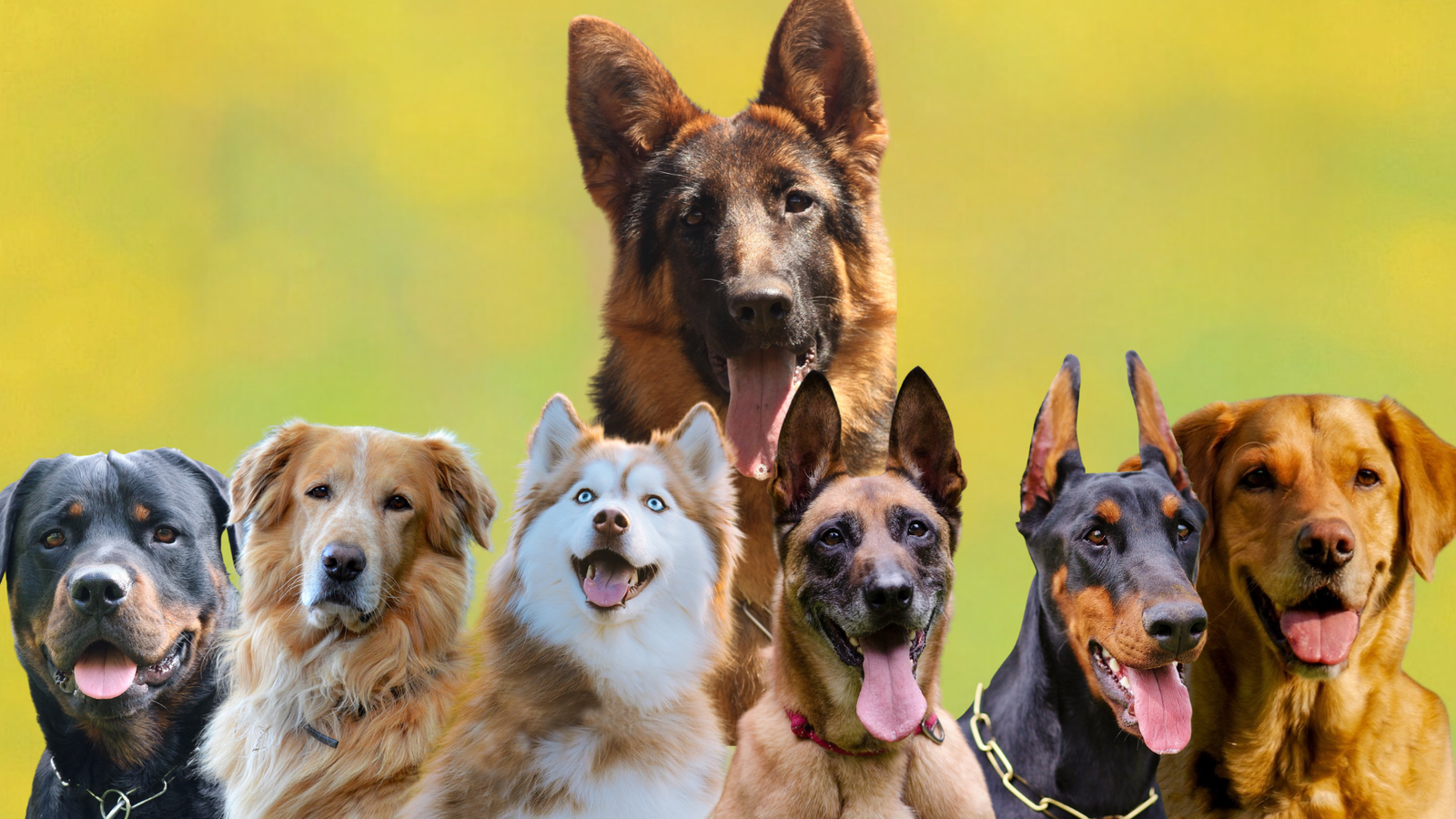Are you ready to discover which dog breed truly complements your life? whether it’s the fiercely loyal German Shepherd or one of six equally popular contenders? Choosing the perfect dog breed can be a daunting task, especially with so many options to consider.
For those in search of a loyal, intelligent, and versatile companion, the German Shepherd often stands out. With different types of German Shepherds to choose from, how does this beloved breed compare to other popular dogs?
In this comprehensive guide, we’ll do a brief German Shepherd vs 6 popular breed comparison. You can always read the in-depth analysis articles for each respective breed.
We’ll explore everything from physical characteristics and temperament to exercise needs and health considerations. Whether you’re a first-time dog owner or a seasoned canine enthusiast, this article aims to provide you with the insights you need to make an informed decision.
Why Compare Breeds?
Comparing dog breeds can provide valuable insights into what makes each unique and help prospective dog owners choose the best fit for their lifestyle. Different breeds have varying needs, temperaments, and characteristics.
Understanding these differences is crucial for ensuring a happy and harmonious relationship between you and your furry friend. Ultimately, choosing the right breed involves finding a balance between your lifestyle and the dog’s inherent traits.
Did You Know?
In “The Smart Dog Experiment“, conducted by canine cognition researcher Dr. Stanley Coren, German Shepherds were found to learn new commands with fewer than 5 repetitions and obeyed them 95% of the time or better.
Breeds We Compare to German Shepherds
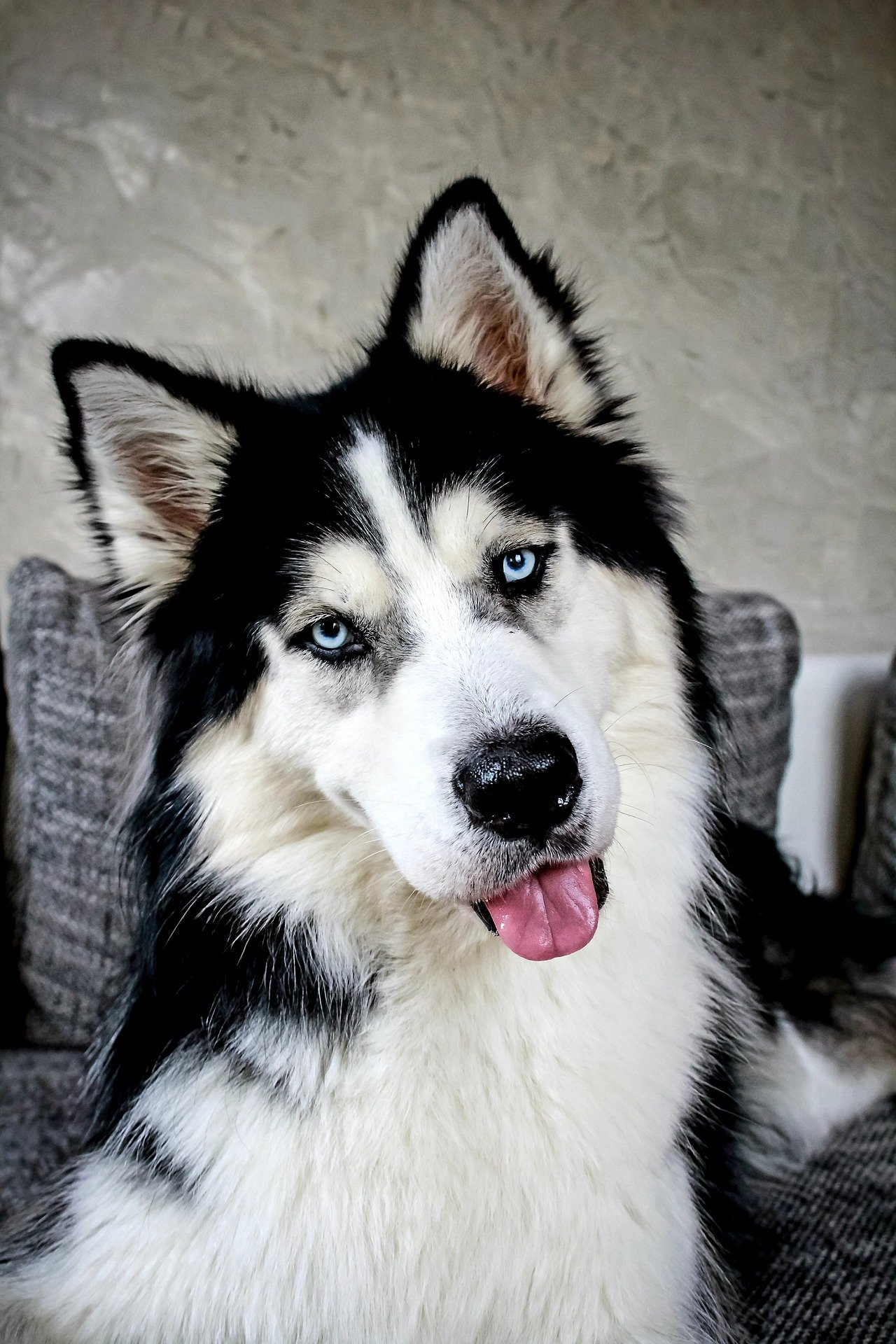

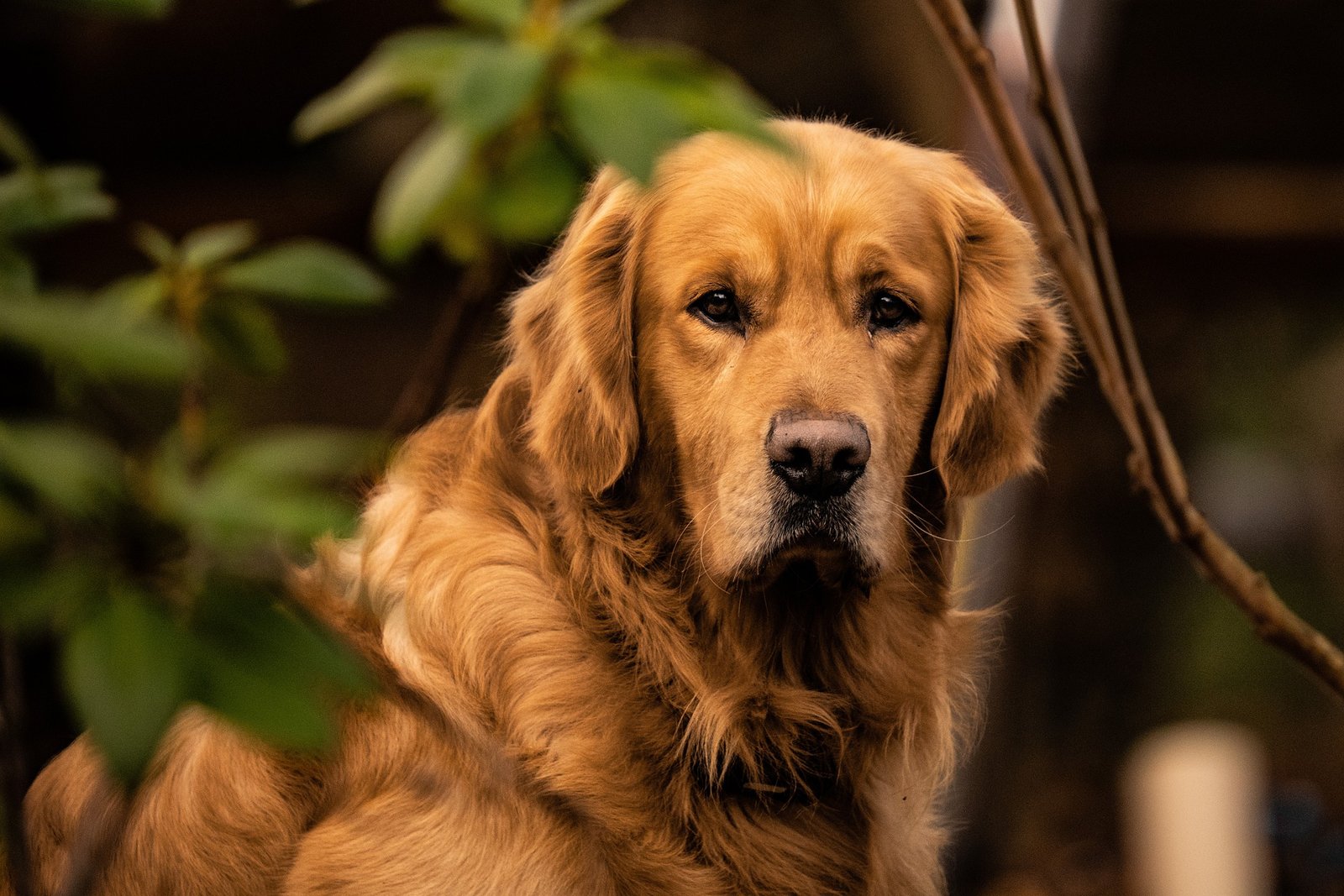
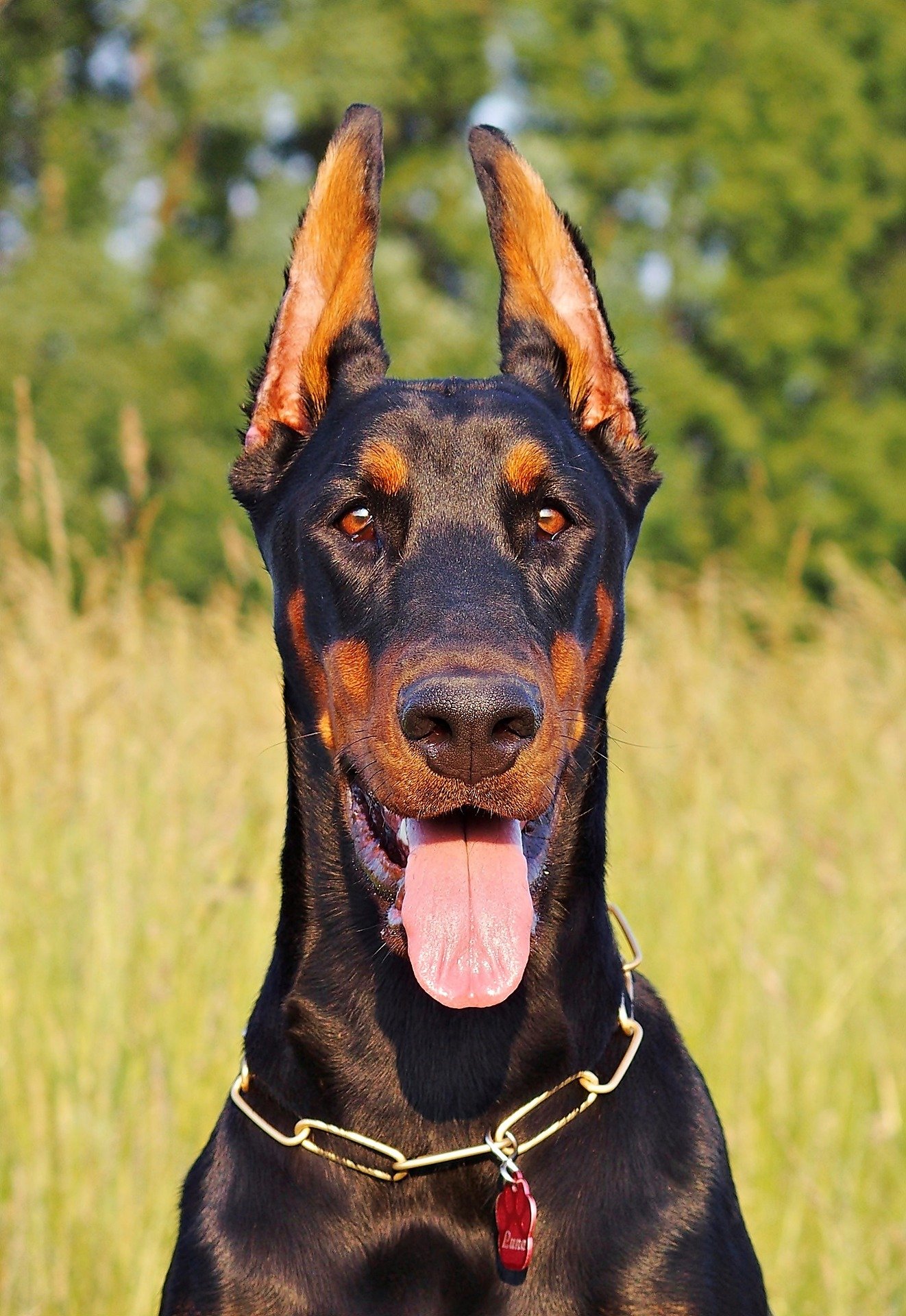

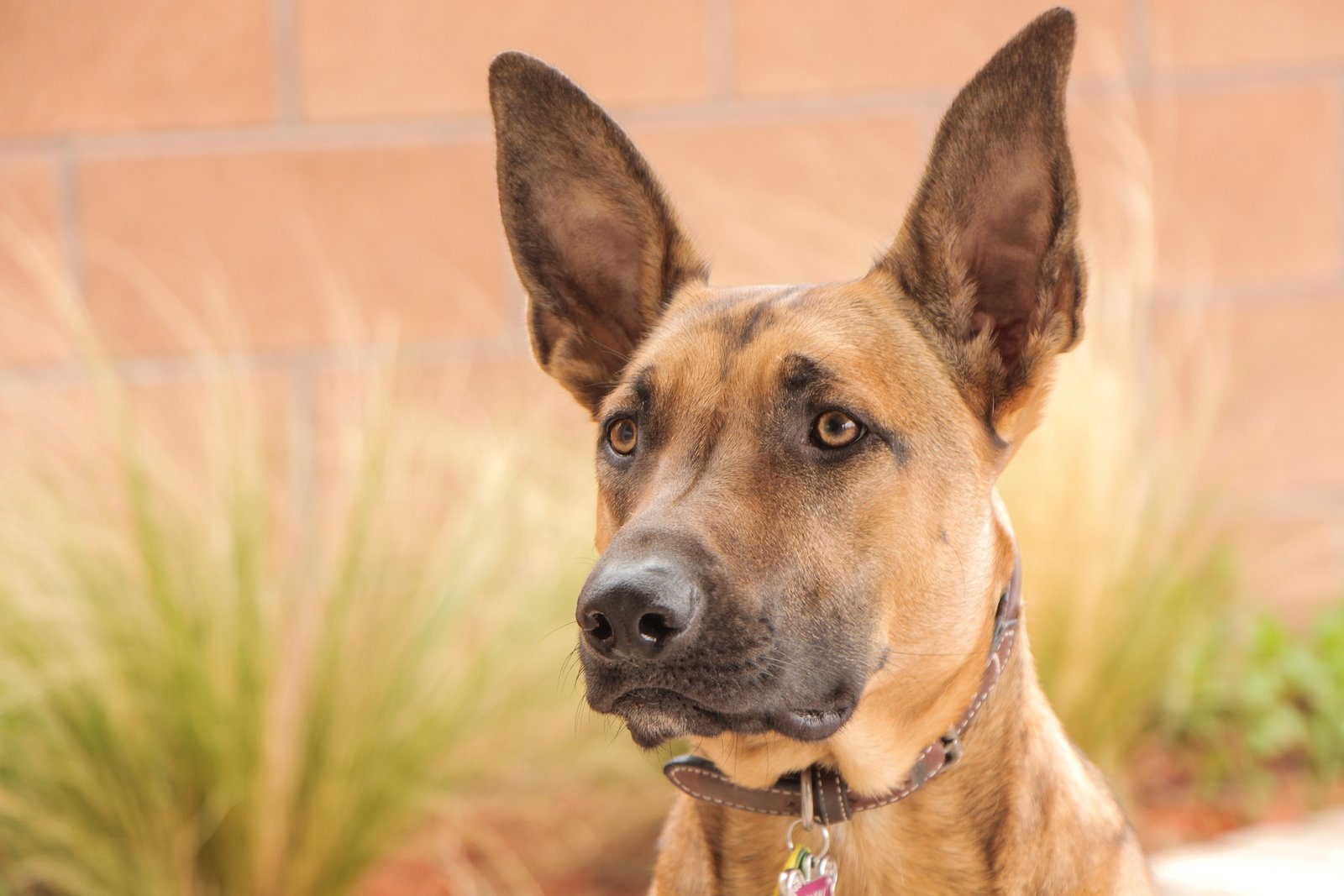
Quick Comparison Table
| Breed | Size | Temperament | Intelligence | Excercise Needs | Grooming Needs | Health Issues | Lifespan |
|---|---|---|---|---|---|---|---|
| German Shepherd | Large | High | 3rd | High | Moderate | Hip dysplasia, elbow dysplasia, degenerative | 9-13 yrs |
| Rottweiler | Large | High | 9th | Moderate | Low | Hip dysplasia, cancer, heart problems | 9-10 yrs |
| Labrador Retriever | Large | High | 7th | High | Moderate | Hip dysplasia, eye problems, exercise-induced collapse | 10-12 yrs |
| Belgian Malinois | Medium-Large | Very High | 26th | Very High | Low | Hip dysplasia, progressive retinal atrophy | 10-14 yrs |
| Doberman Pinscher | Large | High | 5th | High | Low | Dilated cardiomyopathy, von Willebrand’s disease | 10-12 yrs |
| Golden Retriever | Large | High | 4th | High | High | Cancer, hip dysplasia, eye problems | 10-12 yrs |
| Siberian Husky | Medium | Moderate | 45th | High | Moderate | Eye problems, hip dysplasia | 10-14 yrs |
Related Reading
- German Shepherd vs Australian Shepherd
- German Shepherd vs Belgian Shepherd
- German Shepherd vs Dutch Shepherd
- German shepherd vs King Shepherd
- German Shepherd vs Shiloh Shepherd
- German Shepherd vs White Shepherd
- German Shepherd vs Swiss Shepherd
- German Shepherd vs Bohemian Shepherd
- German Shepherd vs Anatolian Shepherd
Key Comparison Points
Size and Physical Characteristics
| Breed | Weight (lbs) | Height (inches) | Coat Type |
|---|---|---|---|
| German Shepherd | 50-90 | 22-26 | double coat, medium length |
| Rottweiler | 80-135 | 22-27 | short, double coat |
| Labrador Retriever | 55-80 | 21.5-24.5 | short, double coat, water-resistant |
| Belgian Malinois | 40-80 | 22-26 | short, straight |
| Doberman Pinscher | 60-100 | 24-28 | short, smooth |
| Golden Retriever | 55-75 | 21.5-24 | dense, water repellent |
| Siberian Husky | 35-60 | 20-23.5 | dense, double coat |
Temperament and Personality
| Breed | Personality Traits | Good with Children | Good with other Dogs |
|---|---|---|---|
| German Shepherds | Loyal, intelligent, aloof with strangers | Yes (with proper training) | Varies |
| Rottweiler | Confident, calm, courageous | Yes (with supervision) | Varies |
| Labrador Retriever | Friendly, outgoing, even-tempered | Excellent | Usually good |
| Belgian Malinois | Confident, smart, hardworking | With experienced owners | Varies |
| Doberman Pinscher | Loyal, alert, fearless | Yes (with proper training) | Varies |
| Golden Retriever | Friendly, intelligent, devoted | Excellent | Usually good |
| Siberian Husky | Outgoing, mischievous, loyal | Yes | Usually good |
Intelligence and Trainability
| Breed | Intelligence Ranking | Trainability | Best Training Approaches |
|---|---|---|---|
| German Shepherd | 3rd | High | Consistency, positive reinforcement |
| Rottweiler | 9th | High | Firm but gentle, positive reinforcement |
| Labrador Retriever | 7th | High | Positive reinforcement, food motivation |
| Belgian Malinois | 26th | Very High | Consistent, challenging tasks |
| Doberman Pinscher | 5th | High | Firm, consistent, positive reinforcement |
| Golden Retriever | 4th | High | Gentle, Positive reinforcement |
| Siberian Husky | 45th | Moderate | Patient, consistent, creative |
Exercise Requirements
| Breed | Daily Excercise Needs | Types of Excercise | Mental Stimulation Needs |
|---|---|---|---|
| German Shepherd | High (2+ hours) | Walks, runs, play, training | High |
| Rottweiler | Moderate (1-2 hours) | Walks, play, swimming | Moderate |
| Labrador Retriever | High (1-2 hours) | Swimming, fetching, walks | High |
| Belgian Malinois | Very High (2+ hours) | Intense activity, work/training | Very high |
| Doberman Pinscher | High (2+ hours) | Runs, play, agility | High |
| Golden Retriever | High (1-2 hours) | Swimming, fetching, walks | High |
| Siberian Husky | High (2+ hours) | Running, sledding, hiking | High |
Grooming Needs
| Breed | Grooming Frequency | Shedding Level | Special Grooming |
|---|---|---|---|
| German Shepherd | 2-3 times a week | High | Heavy shedding seasons |
| Rottweiler | Weekly | Moderate | Minimal |
| Labrador Retriever | Weekly | High | Ears need regular cleaning |
| Belgian Malinois | Weekly | Moderate | Minimal |
| Doberman Pinscher | Weekly | Low | Minimal |
| Golden Retriever | Daily | High | Prone to matting |
| Siberian Husky | 2-3 times a week | High | Heavy shedding seasons |
Health Considerations
| Breed | Common Health Issues | Average Lifespan (years) | Health Testing Recommendations |
|---|---|---|---|
| German Shepherd | Hip dysplasia, elbow dysplasia, degenerative | 9-13 | Hip, elbow, spine evaluations |
| Rottweiler | Hip dysplasia, cancer, heart problems | 9-10 | Hip, elbow, cardiac evaluations |
| Labrador Retriever | Hip dysplasia, eye problems, exercise-induced collapse | 10-12 | Hip, elbow, eye evaluations |
| Belgian Malinois | Hip dysplasia, progressive retinal atrophy | 10-14 | Hip, elbow, eye evaluations |
| Doberman Pinscher | Dilated cardiomyopathy, Von Willebrand’s disease | 10-12 | Cardiac, DNA tests for vWD |
| Golden Retriever | Cancer, hip dysplasia, eye problems | 10-12 | Hip, elbow cardiac eye evaluation |
| Siberian Husky | Eye problems, hip dysplasia | 12-14 | Eye, hip evaluations |
Suitability for Different Living Situations
| Breed | Apartment Friendliness | Good for First Time Owners | Tolerance to Being Alone |
|---|---|---|---|
| German Shepherd | Moderate | Moderate | Moderate |
| Rottweiler | Low | Low | Moderate |
| Labrador Retriever | Moderate | High | Moderate |
| Belgian Malinois | Low | low | Low |
| Doberman Pinscher | Moderate | Moderate | Low |
| Golden Retriever | Moderate | High | Moderate |
| Siberian Husky | Low | Low | Low |
German Shepherds Pros and Cons
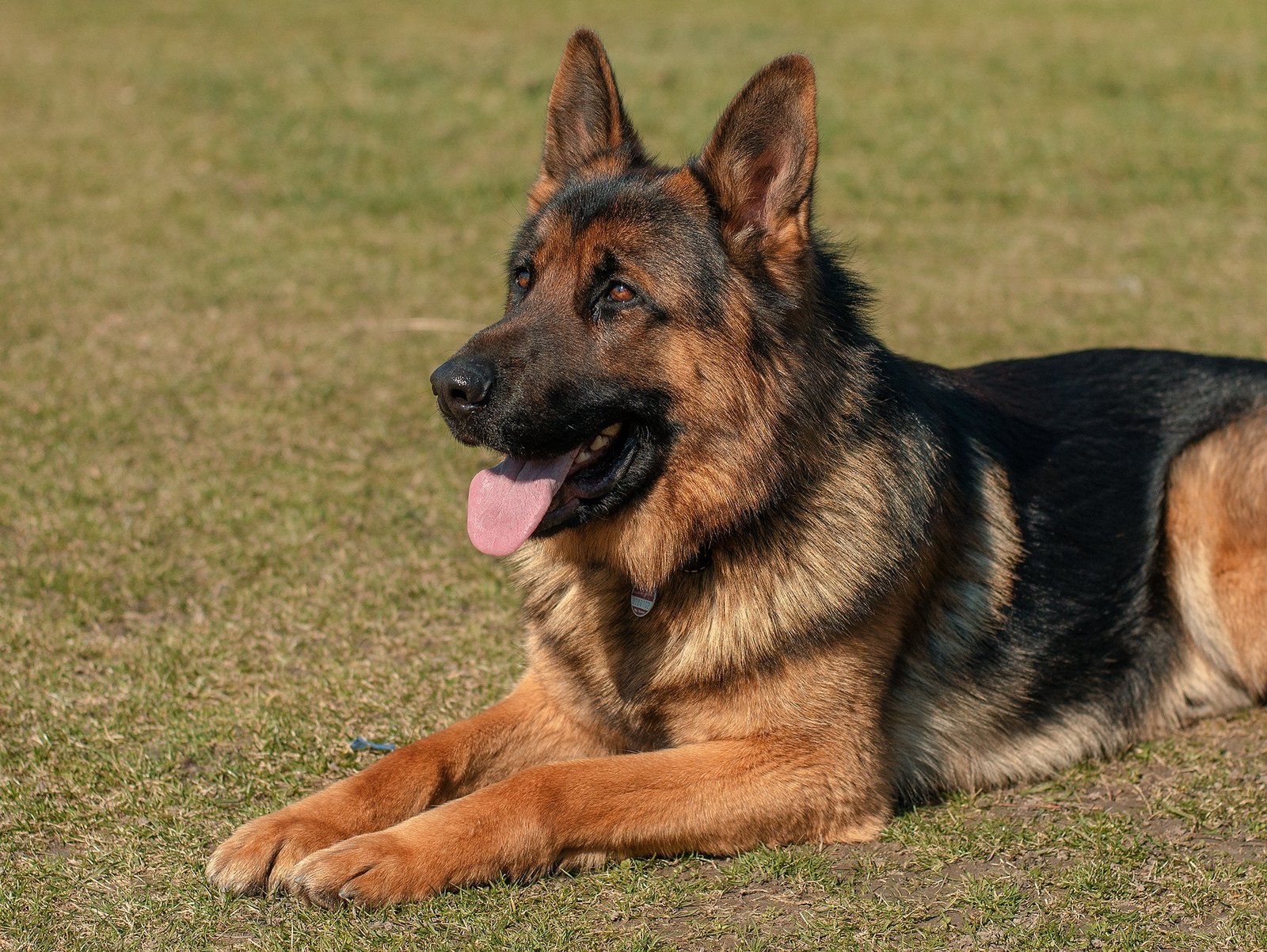
German Shepherds are known for their loyalty, intelligence, and versatility. They excel in various roles, from working dogs to family pets. However, their high energy levels and need for mental stimulation require dedicated owners who can provide regular exercise and training.
Pros
Cons
Highly intelligent and trainable
Loyal and protective
Versatile and adaptable
Strong work ethic
Good with families and children
High energy and endurance
Prone to hip and elbow dysplasia
High maintenance health needs
High exercise needs
Requires regular grooming
Potential for behavioral issues if unstimulated
Can be overly protective
Did You Know?
The Incredible Nose of the German Shepherd German Shepherds have approximately 225 million scent receptors, compared to a human’s mere 5 million. This exceptional olfactory ability makes them excellent search and rescue dogs.
Related Reading
- German Shepherd vs Blue Bay Shepherd
- German Shepherd vs Doberman
- German Shepherd vs Rottweiler
- German Shepherd vs Husky
- German Shepherd vs Coyote
- German Shepherd vs Golden Retriever
- German Shepherd vs Pitbull
- German Shepherd vs Cane Corso
- German Shepherd vs Akita
- German Shepherd vs Border Collie
Quick Breed Comparison Summaries
German Shepherd vs. Rottweiler
German Shepherds are highly adaptable and trainable, making them excellent choices for families, police work, and various service roles. Their intelligence and eagerness to learn make training a rewarding experience for both the dog and the owner. They have a double coat that requires regular brushing to manage shedding and maintain healthy fur.
Rottweilers, on the other hand, are renowned for their protective nature and loyalty to their families. They are confident and fearless, often serving as guardians or working dogs. Rottweilers need firm and consistent training to harness their strength and assertiveness, ensuring they are well-behaved companions. Their grooming needs are less demanding, with a short coat that requires occasional brushing.
For an in-depth analysis of these two breeds, check out our detailed “German Shepherd vs. Rottweiler” comparison.
German Shepherd vs. Labrador Retriever
German Shepherds are renowned for their intelligence and versatility, excelling in a wide range of tasks and environments. Their sharp intellect allows them to quickly learn commands and adapt to various situations, while their unwavering dedication makes them ideal for demanding roles such as search and rescue missions.
Conversely, Labrador Retrievers are celebrated for their friendly and sociable nature, making them outstanding companions and family pets. Known for their playful and affectionate demeanor, Labradors thrive in environments where they receive plenty of attention and interaction. They also require less grooming than German Shepherds, which can be an advantage for busy families.
While each breed possesses distinct strengths, such as the German Shepherd’s work ethic and the Labrador’s ease of care, choosing between them should align with the owner’s lifestyle and specific needs, ensuring a harmonious and fulfilling relationship for both the pet and the family.
Discover more about how these breeds stack up in our comprehensive “German Shepherd vs. Labrador Retriever” guide.
German Shepherd vs. Belgian Malinois
Both German Shepherds and Belgian Malinois are highly intelligent and energetic breeds, known for their working capabilities and loyalty. Belgian Malinois require more intense exercise and mental stimulation, thriving in environments where they can actively engage in tasks and challenges. They excel in roles such as police and military service due to their high drive and focus.
On the other hand, German Shepherds are more versatile and adaptable, making them suitable for a wider range of households, including those with children or other pets. Their calm demeanor and eagerness to learn allow them to excel in obedience training, search and rescue missions, and as service animals.
Discover the differences between these two similar but unique breeds in our detailed “German Shepherd vs. Belgian Malinois” comparison.
German Shepherd vs. Doberman Pinscher
German Shepherds are renowned for their loyalty and trainability. They are intelligent, eager to learn, and form strong bonds with their families. On the other hand, Doberman Pinschers are fearless and protective, often serving as guard dogs due to their alertness and bravery. They are highly energetic and require consistent training to channel their instincts positively.
Both breeds demand regular exercise to maintain their physical and mental health, with activities like long walks, runs, or play sessions being ideal. The suitability of these breeds for different living situations varies; German Shepherds adapt well to family life and require ample space, while Dobermans need a confident owner who can handle their protective nature in environments that provide enough room for their high energy levels.
Learn more about these two impressive breeds in our in-depth “German Shepherd vs. Doberman Pinscher” analysis.
German Shepherd vs. Golden Retriever
German Shepherds are energetic and require regular mental and physical stimulation to stay healthy and happy. On the other hand, Golden Retrievers are known for their friendly and gentle nature, making them great companions for families with children. They are outgoing and eager to please, which makes training easier for new dog owners.
In terms of grooming needs, German Shepherds have a double coat that requires frequent brushing to control shedding and maintain coat health. Golden Retrievers also have a thick, water-resistant coat that needs regular grooming to prevent mats and keep their fur in good condition.
Regarding health, German Shepherds are prone to hip dysplasia and degenerative myelopathy, while Golden Retrievers have higher incidences of cancer and heart issues. It is crucial for prospective owners to be aware of these health concerns and ensure regular veterinary care to mitigate these risks.
For a thorough comparison of these beloved breeds, visit our “German Shepherd vs. Golden Retriever” guide.
Related Reading
- German Shepherd vs Alsatian
- German Shepherd vs Boxer
- German Shepherd vs Calupoh
- German Shepherd vs Giant Schnauzer
- German Shepherd vs Police Dog
- German Shepherd Working Dog vs Show Dog
- German Shepherd vs Grey Wolf
- German Shepherd vs Mountain Lion
- Can a German Shepherd Kill a Coyote?
- Can a German Shepherd Kill a Wolf?
German Shepherd vs. Siberian Husky
German Shepherds and Siberian Huskies are both known for their striking appearance and high energy levels, but they differ significantly in temperament and care requirements. German Shepherds are loyal and form deep bonds with their owners, requiring regular mental and physical stimulation to thrive.
Siberian Huskies, on the other hand, are known for their independent and adventurous spirits. They are friendly and good with families, but they can be challenging to train due to their stubborn nature. Huskies have a thick double coat that requires regular grooming to manage shedding, especially during the seasonal ‘blowout’ periods. They are also notorious escape artists, needing secure yards and ample exercise to prevent boredom and destructive behaviors.
While German Shepherds adapt well to various living situations, including apartments if given enough exercise, Siberian Huskies do best in environments where they can roam and explore. Both breeds benefit from active households, but Huskies particularly need owners who appreciate and can manage their strong-willed and energetic personalities.
Dive deeper into the contrasts between these breeds in our detailed “German Shepherd vs. Siberian Husky” comparison.
Did You Know?
In a groundbreaking study published in “BMC Cancer” in 2019, researchers trained German Shepherds to detect breast cancer in women by smelling blood samples.
Conclusion: What Makes German Shepherds Unique?
German Shepherds stand out for their intelligence, loyalty, and versatility. They excel in various roles and adapt to different living situations, making them a popular choice for many dog owners. However, their high energy levels and grooming needs require dedicated care and attention. By understanding how German Shepherds compare to other popular breeds, you can make an informed decision and find the perfect companion for your lifestyle.
Feel free to explore our articles for more detailed comparisons and insights into other popular dog breeds. Whether you’re a seasoned dog owner or a first-time pet parent, we’re here to help you find the perfect furry friend!
Related Reading
- Dog that looks like a German Shepherd but Smaller
- Dog that looks like a German Shepherd but Bigger
- German Shepherd and Saint Bernard
- European GSD vs American GSD
- Dogs that look like German Shepherds
- German Shepherd Similar Breeds
- German German Shepherd vs American German Shepherd
